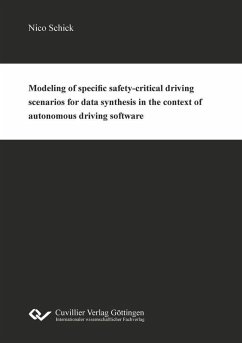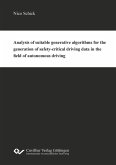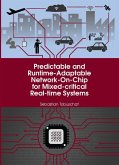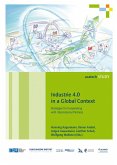Autonomous driving is one of the key disciplines in the automotive field and currently under intensive development, especially with the objective of saving more people’s lives on the roads due to significant reductions in the number of traffic accidents. Therefore, the software components within autonomous cars must be tested efficient and precisely. One of the most challenging aspects of autonomous cars are the safety-critical driving scenarios. Their criticality has seldom been measured in terms of further forensic analysis or software solutions in the field of artificial intelligence. Therefore, data related to safety-critical driving scenarios must be obtained another way. In this context, kinematic models can be used to represent these scenes by describing the vehicle’s movements based on defined boundary constraints as well as providing synthesized data through the simulation of a model for the training and validation of the underlying machine learning algorithms, such as neural networks or generative algorithms. In this paper, three of the most significant safety-critical driving scenarios, namely emergency braking, turning, and overtaking, are modeled accordingly.
Dieser Download kann aus rechtlichen Gründen nur mit Rechnungsadresse in A, B, BG, CY, CZ, D, DK, EW, E, FIN, F, GR, HR, H, IRL, I, LT, L, LR, M, NL, PL, P, R, S, SLO, SK ausgeliefert werden.









